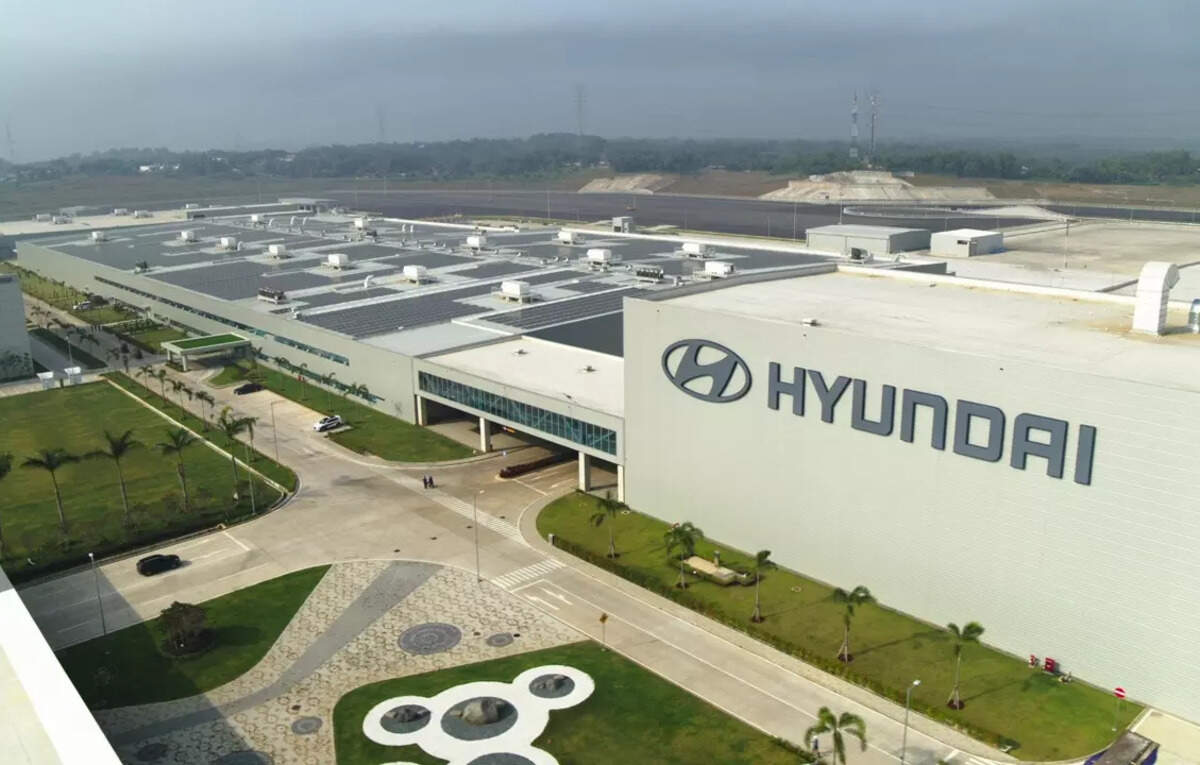Hyundai's Expansion into Hydrogen Fuel Cell Systems Plants
Key Ideas
- Hyundai Motor plans to build its second hydrogen fuel cell systems plant globally in Ulsan, South Korea, by 2028.
- The new plant will support the production of hydrogen fuel cell systems for Hyundai's Nexo EV, Elec City bus, and hydrogen trucks.
- South Korea is investing heavily in technologies like hydrogen power to achieve carbon neutrality and ensure energy stability.
- The government's funding will also focus on developing renewable energy technologies and enhancing energy supply amid rising electricity demand.
Hyundai Motor is expanding its presence in the hydrogen fuel cell systems industry by planning to build its second plant globally in Ulsan, South Korea. The company already operates a plant in Guangzhou, China, capable of powering 6,500 hydrogen commercial vehicles. The new plant in South Korea, expected to start operations in 2028, will manufacture hydrogen fuel cell systems for vehicles such as the Nexo hydrogen fuel cell EV, Elec City bus, and hydrogen trucks.
In line with Hyundai's expansion, South Korea is dedicating 129.3 billion won ($88.6 million) this year to support projects focused on developing technologies vital for achieving carbon neutrality and ensuring a stable energy supply. These projects include advancements in renewable energy such as hydrogen power and next-generation solar power. Additionally, the funds will aid in the efficient operation of nuclear power plants to help the country reach its goal of net zero carbon emissions.
The nation's commitment to reducing greenhouse gas emissions by 40% by 2030 and achieving carbon neutrality by 2050 aligns with the investments in hydrogen power and other renewable energy sources. The government's focus extends to enhancing energy supply stability due to increased electricity demand from emerging technologies like AI and the impact of climate change. Hyundai's initiative and the government's support signal a positive outlook for the growth of hydrogen fuel cell technology in the automotive and energy sectors.
